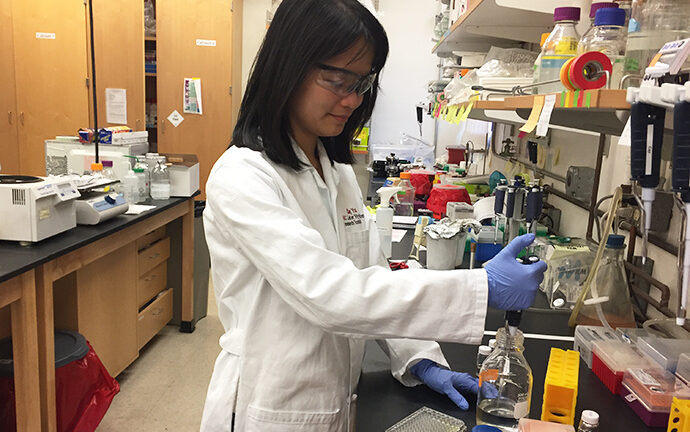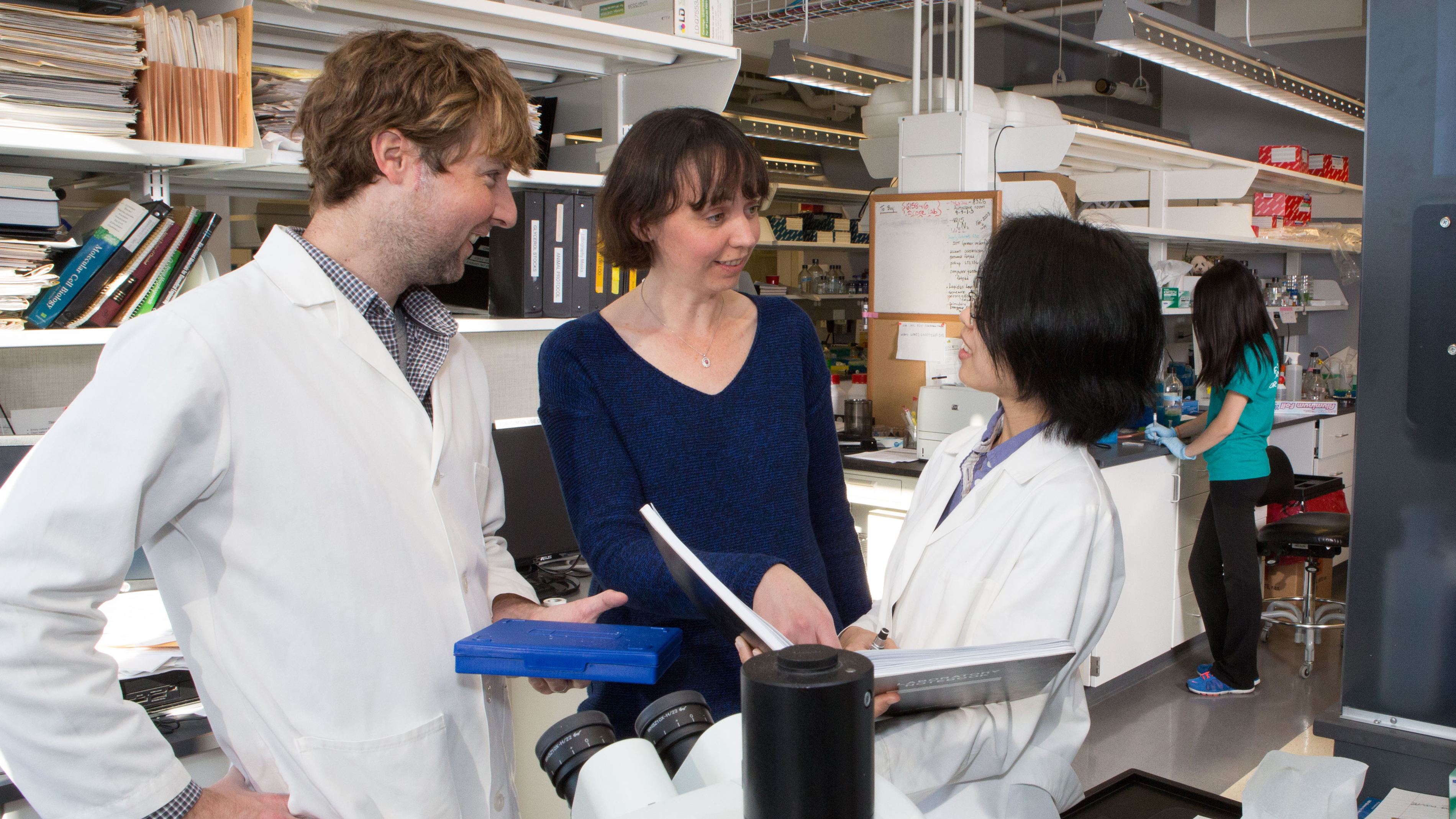
Who typically participates in a Reproductive Biology Research Program?
Cooperation in a Reproductive Biology Exploration Program is normally different, enveloping researchers, scientists, and experts from different foundations who share a typical interest in propelling comprehension we might interpret reproductive cycles. These people by and large contribute their aptitude to investigate the intricacies of generation at the sub-atomic, cell, and physiological levels. The reproductive biology program investigates the intricacies of reproduction, exploring physiology, genetics, and environmental influences on reproductive processes in organisms.
One conspicuous gathering inside the Reproductive Biology Exploration Program comprises of atomic scientists. These researchers have practical experience in concentrating on the hereditary and atomic components that support reproductive cycles. Their skill is pivotal for disentangling the many-sided pathways engaged with gametogenesis, preparation, and early undeveloped turn of events. By unraveling the sub-atomic language of propagation, sub-atomic scientists contribute fundamental bits of knowledge that structure the underpinning of the program’s exploration.
Cell scientists are additionally basic members in the Reproductive Biology Exploration Program. Their center lies in figuring out the phone designs and cycles that drive reproductive occasions. From the development of reproductive cells to the unpredictable movement of occasions during preparation, cell scientists give significant viewpoints on the phone elements fundamental for effective propagation.

Endocrinologists assume an essential part in the program, getting mastery the investigation of chemicals and their effect on the reproductive framework. Examining the many-sided equilibrium of chemicals like estrogen, progesterone, and testosterone, endocrinologists add to an exhaustive comprehension of hormonal guideline in reproductive wellbeing. Their experiences are basic for unraveling the flagging pathways that organize occasions like ovulation and implantation.
Reproductive physiologists are one more key gathering associated with the program, zeroing in on the general working of the reproductive framework. They research the physiological cycles that add to fruitfulness, including the connections between organs like the ovaries, uterus, and testicles. Reproductive physiologists contribute fundamental information about the elements impacting reproductive achievement and the variations that happen because of different physiological circumstances.
In Conclusion, the Reproductive Biology Exploration Program draws in a different partner of members, each contributing an exceptional arrangement of abilities and skill. From sub-atomic scholars and cell scientists disentangling the complexities at the minuscule level to endocrinologists and reproductive physiologists inspecting hormonal and physiological perspectives, and clinicians making an interpretation of examination discoveries into clinical applications, the cooperative endeavors of these experts are fundamental for propelling comprehension we might interpret propagation and its suggestions for human wellbeing. The reproductive biology program examines the intricate processes of reproduction, encompassing physiological, genetic, and environmental factors influencing organismal reproductive success.


